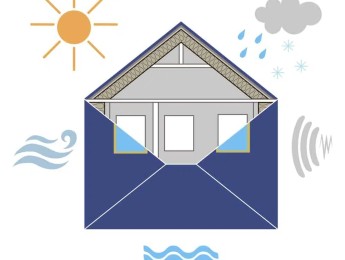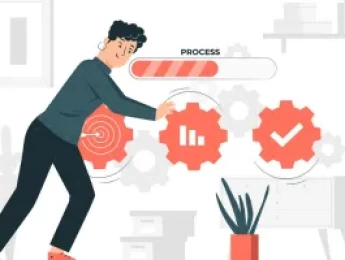When planning a maintenance project of any scale, it is crucial to evaluate all aspects involved, including technical aspects. Many considerations must be made when evaluating technical features, including their cost, associated risks, and viability.
The first technical evaluation stage explores the technologies or technical aspects necessary for the project’s success. There is a strong focus on ensuring these can be completely viable and financially reasonable. There must also be an understanding of the risks involved in using these technical aspects and the potential environmental impacts. Once these have been identified, the evaluation must highlight methods of preventing these risks and correcting their potential damage if they were to occur.
Once the evaluations have been completed, those involved must create a technical evaluation report. Individuals must be competent and understand how these reports must be structured to ensure they are fully accessible and readable to all necessary parties.
Upon completion of this course, participants will be able to:
- Understand the importance of technical evaluations within maintenance projects.
- Identify what features should be analysed within a technical evaluation.
- Recognise the consequences of conducting poor technical evaluations.
- Assess laws and regulations that influence how technical procedures are conducted to guarantee full compliance.
- Carry out risk assessments of technical aspects to identify potential risks and implement preventative measures.
- Create an in-depth technical evaluation report detailing all the technical evaluation's significant and minor aspects.
- Explore the potential impact of technical decisions on other project areas – economic and environmental.
This course is designed for anyone involved in a maintenance project that involves technical evaluations. It would be most beneficial for:
- Senior Engineers
- Operations Managers
- HSE Officers
- Financial Advisors
- Risk Analysts
- Compliance Officers
- Project Managers
- Project Engineers
This course uses a variety of adult learning styles to aid full understanding and comprehension. Participants will review real-world examples of technical evaluation reports to highlight key aspects of a project's technical features and identify potential associated risks.
Participants will be allowed to partake in various learning methods and exercises to guarantee a full understanding of the taught content. The combination of presentations, discussions, and individual and group practical activities promotes strong learning and ensures they can comprehensively understand the taught content and related practical skills.
Day 5 of each course is reserved for a Q&A session, which may occur off-site. For 10-day courses, this also applies to day 10
Section 1: Introduction to Technical Evaluation
- Defining a technical evaluation, its purpose, and its importance within a maintenance project.
- What features should be evaluated within a project?
- Exploring what internal and external factors may influence the success of a technical evaluation.
- Understanding the primary factors that should be evaluated and why – technical viability, costs, and risks.
Section 2: Technical Evaluation Analysis
- Ensuring all evaluations align with the primary technical factors – viability and sensible choices.
- Understanding what factors can influence the viability of a maintenance project – design basis, using new or existing technologies, developmental technologies and more.
- Defining what is meant by ‘sensible choices’ within a maintenance project and how these would be evaluated – project location, methods and procedures, equipment and more.
- Utilising various methods and techniques to conduct technical evaluation successfully.
Section 3: Technical Impacts
- Assessing the potential impacts of the technical features on other aspects of the project – costs and the environment.
- Analysing the potential costs attached to the technical aspects and how they can be reduced without sacrificing quality.
- Evaluating the potential environmental damage and how this can be reduced throughout the project's lifetime.
- Exploring possible environmental restoration methods and the costs associated with them.
Section 4: Project Risk
- Understanding how technical evaluation and risk assessments work hand in hand.
- Conducting risk assessments to identify potential hazards and establish a risk management plan detailing preventive measures and corrective actions.
- Understanding the potential impacts of each identified risk.
- Assessing relevant laws and regulations and ensuring full compliance with them.
Section 5 : Writing Technical Evaluation Reports
- Why writing a technical evaluation report is necessary.
- What key information must be included in a technical evaluation report.
- The ideal format structure of the report – executive summary, building description, detailed records, photographs and maintenance concerns and costs estimates.
- Ensuring the report is readable and accessible to all individuals who need to access it.
Upon successful completion of this training course, delegates will be awarded a Holistique Training Certificate of Completion. For those who attend and complete the online training course, a Holistique Training e-Certificate will be provided.
Holistique Training Certificates are accredited by the British Assessment Council (BAC) and The CPD Certification Service (CPD), and are certified under ISO 9001, ISO 21001, and ISO 29993 standards.
CPD credits for this course are granted by our Certificates and will be reflected on the Holistique Training Certificate of Completion. In accordance with the standards of The CPD Certification Service, one CPD credit is awarded per hour of course attendance. A maximum of 50 CPD credits can be claimed for any single course we currently offer.
- Course Code IND14-105
- Course Format Classroom, Online,
- Duration 5 days













